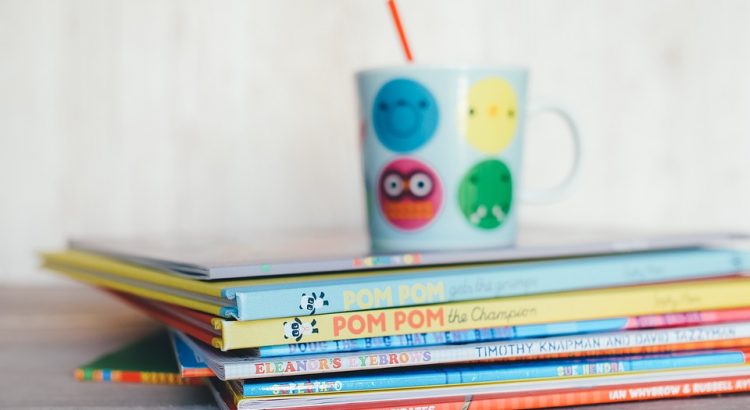Art, Skill, Cunning, Artifice and Craft can mean the faculty of performing or executing expertly what is planned or devised.
Art is not actually a comprehensive term but is so variable in its implications that it is interchangeable with any one of the others and capable of carrying its specific implications; hence the last four words are synonyms of art, but they are not always closely synonymous with each other and may even at times be used in distinction from each other.
The earliest and still common implications of art are those which are now associated specifically with skill: technical knowledge, and proficiency or expertness in its exercise or practical application.
- true ease in writing comes from art, not chance, as those move easiest who have learned to dance
—Pope - ’tis hard to say, if greater want of skill appear in writing or in judging ill
—Pope
Both words are also used concretely with these implications.
- there’s a great art in doing these things properly. I have often had to carry off a man of fourteen stone, resting him all the time as if he was in bed
—Shaw - able boys and girls will . . . submit willingly to severe discipline in order to acquire some coveted . . . skill
—Russell
Art also at times comes close to cunning where it adds to skill such implications as great or recondite knowledge, inventive or creative power, and capacity for perfection in execution. This sense prevails especially in the phrase “a work of art.”
Sometimes either word may be substituted for the other without change of meaning.
- high-ribbed vault . . . with perfect cunning framed
—Wordsworth - praised be the art whose subtle power could stay yon cloud, and fix it in that glorious shape
—Wordsworth
Art may be used interchangeably also with artifice (see also TRICK) when the later stresses skill and intelligence in contriving, devising, or constructing, and suggests lack of creative power. In this sense both art and artifice in their emphasis on contrived skill imply a contrast with power derived from nature or inspiration.
- gaining his ends by one art or another
- when you come to dissect the Odyssey, what amazing artifice is found under that apparently straightforward tale
—Quiller-Couch
Art and craft (see also TRADE) were once close synonyms but now tend to become contrasted terms. Both words still imply ingenuity and subtlety in workmanship.
- a gem carved with classic art
- a bracelet wrought with all the craft of a Cellini
- naturalism in prosody . . . is after all only defensible as one element in the craft, the artifice of poetry
—Carruth
Both may suggest, but art less often suggests, trickery or guile in the attainment of one’s ends.
- Henry, out of a lifetime of political craft, coached Cranmer how to turn the tables on his accusers
—Hackett
Both words are also affected by their use as designations of pursuits, craft tending to be applied to a lower kind of skill or inventive power revealing itself in the mastery of materials or technique and in effects that can be analyzed and imitated, and art to a higher creative power capable of expressing a personal vision and of achieving results which defy analysis and imitation; thus, an artist may demonstrate his craft in painting sunlight but he manifests his art in painting a composition that conveys his intent to the spectator.
- like manyof the hard-boiled writers, he will allow himself craft, but not art
—Portz
